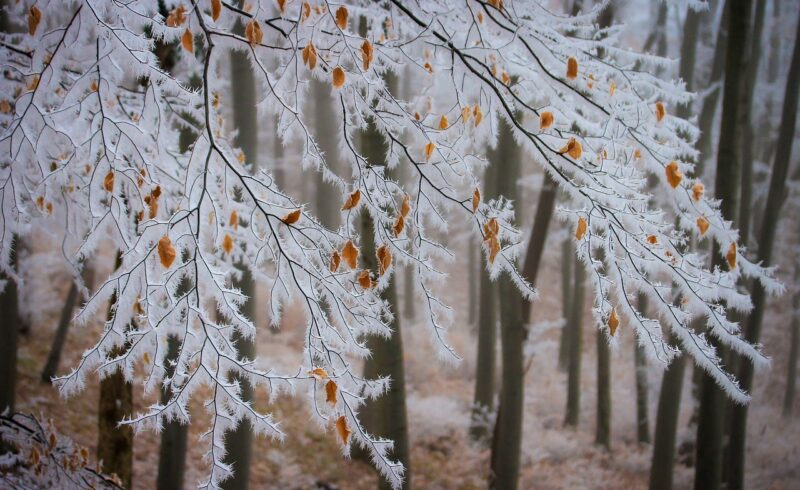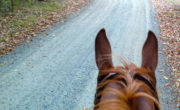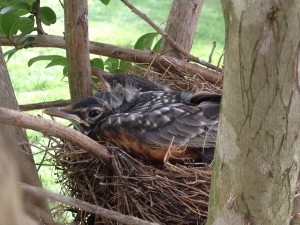
Winter is the perfect time to explore nature in a new way. A scavenger hunt is not only a fun activity, but it’s also a chance to learn about the environment. But before you head outside, check out these tips for a successful hunt:
- Dress Warmly: Layers, hats, gloves, and boots will keep everyone cozy.
- Bring a Checklist: Print or write out the list of the items to find.
- Use a Camera: Let kids snap photos of their discoveries with a camera or phone as a fun way to document the day.
- Offer Prizes: Reward the family member or team who finds the most items with a small treat like hot cocoa.
- Make It Educational: Share fun facts about the items you find to spark curiosity and learning.
Ready to get started? Below is a list of some things to look for. You can print out download a PDF of the list HERE.
What to Look for During Your Winter Scavenger Hunt
1. Animal Tracks – Look for tracks in the snow or mud. Can you tell which animal made them? Common tracks include deer, rabbits, birds, and squirrels.
2. Evergreen Tree – Spot a pine, spruce, or cedar tree that keep its green needles all winter long.
3. Pinecone – Search for pinecones on the ground or still attached to trees. Bonus: Keep count of how many pinecones you find.
4. Birds – Look for winter birds like cardinals, blue jays, or chickadees. Make a note of the kinds of birds you see. Bring binoculars for a closer view!
5. Berries – Many plants, like holly bushes, have bright red berries that stand out against the winter landscape.
6. Frost Pattern – Search for intricate frost designs on windows, leaves, or other surfaces.
7. Nest – Spot an empty bird or squirrel nest in a bare tree.
8. Den – Find a hole in the ground that could be a den for hibernating animals.
9. Icicles – These sparkling winter formations can be found hanging from rooftops, trees, or rock ledges.
10. Feather – Look for feathers on the ground—evidence that a bird has been nearby.
11. Moss or Lichen – Even in winter, moss and lichen can be found clinging to tree trunks or rocks.
12. Frozen Puddles – Search for puddles or small streams that have frozen over. Notice the patterns and bubbles trapped in the ice.
13. Squirrel Activity – Spot a squirrel foraging for nuts or chasing another squirrel through the trees.
14. Frozen Leaves – Look for leaves encased in ice or frost.
15. Seed Pod – Hunt for dried seed pods from trees and plants.
16. Hollow Log – Find a hollow log that might be a hiding spot for small animals.
17. Gnawed Twigs or Bark – Look for evidence of animals chewing on twigs or bark. Rabbits and deer often leave behind bite marks.
18. Winter Wildflowers – Spot hardy plants that bloom in winter.
19. Animal Droppings (Scat) – While it might seem unappealing, finding scat can be a fascinating clue about the types of animals in the area.
20. Tree Bark Pattern – Find a tree with interesting or unusual bark textures.
Winter scavenger hunts are a simple, screen-free way to spend time outdoors as a family. They encourage observation, teamwork, and a deeper appreciation for the beauty of nature—even in its quietest season. So, grab your checklist, head outside, and start exploring!










